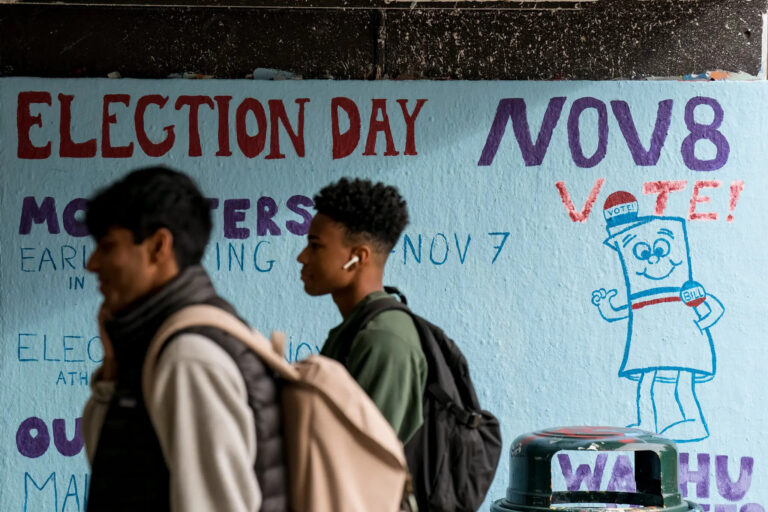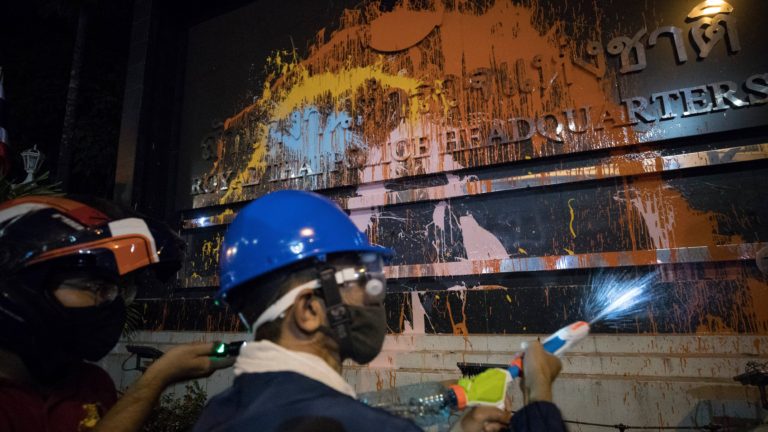
With over a week having passed since the 2018 midterm elections, the vast majority of results have been determined, with the Democrats amassing a “blue wave” in the House of over 35 Congressional district pickups, and the Republicans retaining their advantage in the Senate. However, in one state, Florida, the site of the infamous Bush v. Gore recount of 2000, the outcomes of the Senate and Governor contests are still uncertified, as both races are embroiled in a heated recount process.
In the Senate battle, Republican Governor Rick Scott leads incumbent Democratic Senator Bill Nelson by a slim margin of 12, 562 votes, within the 0.25 percentage disparity that triggers manual recounts. In the governor’s race, Democratic Mayor Andrew Gillum retracted his election-night concession after his deficit to Republican former Congressman Ron DeSantis slipped within the 0.5 percent gap required for an automatic recount, but DeSantis maintains a larger lead of almost 34,000 votes. The Senate contest between two high-profile politicians, in particular, has become incredibly contentious and emblematic of the larger political polarization of the country. Both sides have filed lawsuits, Scott against Democratic Broward County and Palm Beach county supervisors, Nelson suing the Republican Secretary of State to ensure proper validation of vote-by-mail ballots and that disputed ballots are counted. Controversy has also arisen over the role of Scott, the sitting governor, in election oversight (he later recused himself from the process after calls from the Nelson camp), the checkered history of Broward County election supervisor, Democrat Brenda Snipes, who has fueled protests from members of both parties for her inefficient vote-counting practices and an odd vote discrepancy that saw a large number of voters in the Democratic stronghold of Broward County leave their ballots blank on the Senate race, which has been attributed to poor ballot design.
The ultimate result of the Senate race will not have an inordinate impact on the chamber, however, the contentious rhetoric and disputed proceedings surrounding the recount pose a dangerous omen for the upcoming 2020 presidential election. Scott claimed there was “rampant fraud” with “unethical liberals trying to steal the election,” despite election monitors and law enforcement definitively stating “no evidence of criminal activity in Broward County.” Scott was joined by fellow Senator Marco Rubio (R-FL), who tweeted Democratic lawyers were coming to Florida “to change the results of the election” and President Trump, who added: “A large numbers of new ballots showed up out of nowhere, and many ballots are missing or forged. An honest vote count is no longer possible-ballots massively infected. Must go with Election Night.”
President Trump’s tweet not only demonstrates grave misunderstanding of how elections work, as naturally lead changes will occur when ballots are counted, as the Arizona Senate race showed, but also reveals a Republican tactical willingness to accuse the opponents of election fraud or attempt to suppress votes that do not skew Republican, presumably the majority of Broward County ballots. This is not the first time that Trump has alleged election fraud without proof, in 2016, he claimed that Hillary Clinton’s popular vote advantage was due to votes from three to five million illegal immigrants despite conclusive evidence disavowing his claim.
The foundation of a democracy is accepting the legitimacy of democratically-held elections regardless of the result and ensuring that the process is continued until every vote is counted. Yesterday, the recount process came to a close as Nelson finally conceded defeat, while still calling to “end all forms of voter suppression.”
Trump and his Republican cronies like Scott’s willingness to assert, without corroboration, mass voter fraud in elections that they win serves as a dangerous harbinger for a scenario in which Trump refuses to concede in a hypothetical close defeat, with his potential claims of “voter fraud” corrosive damage to Americans’ trust in democratic elections.
-George Zhai



